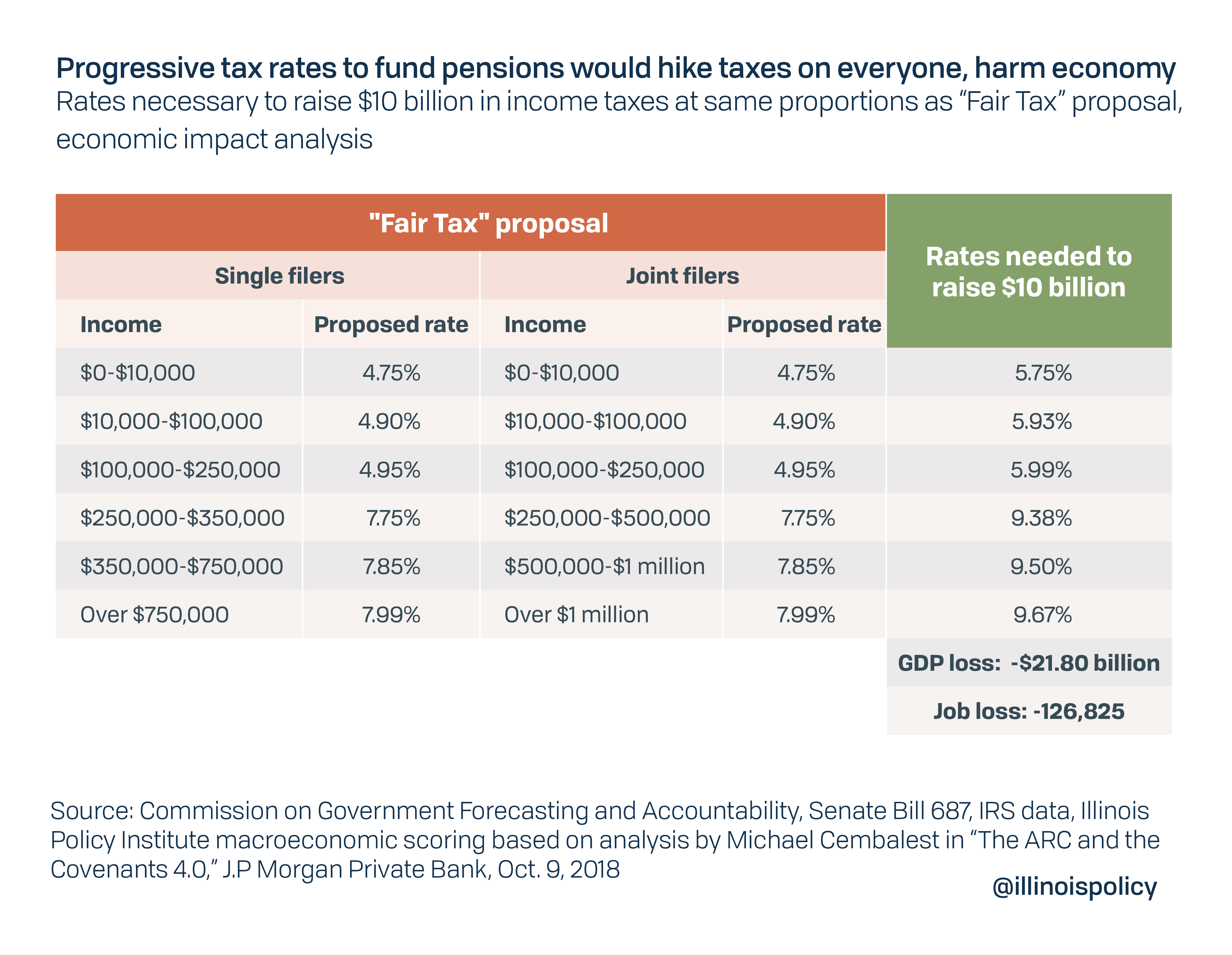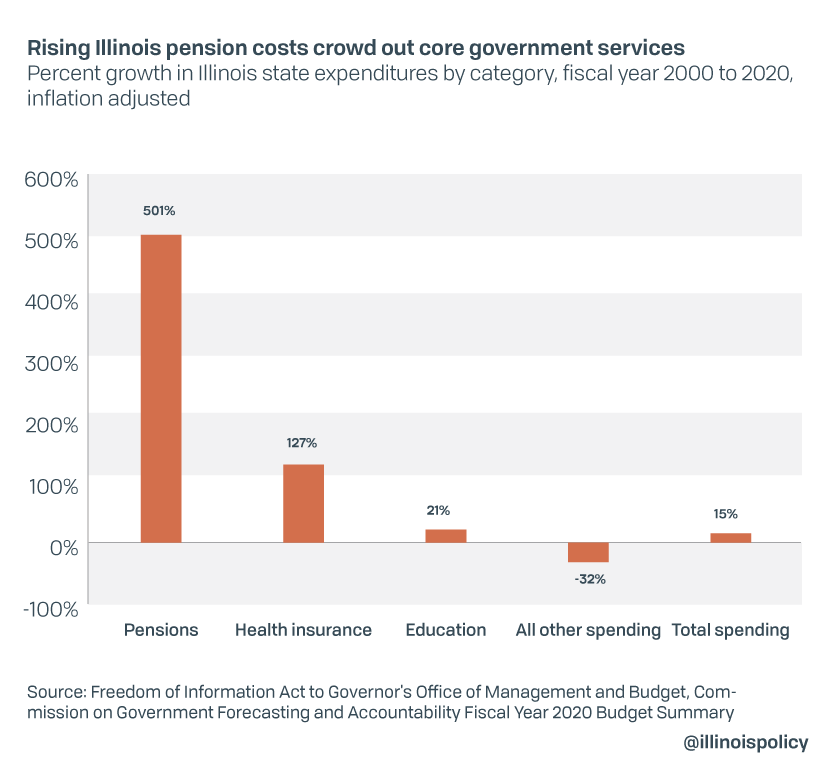Illinois House speaker unwilling to take voters’ ‘no’ on ‘fair tax’ for an answer
Just more than three months after voters soundly rejected a progressive state income tax, new Illinois House Speaker Chris Welch is trying to revive the idea as a fix for state pensions. There is a better solution than the failed ‘fair tax’ scheme.
Just months after Illinois voters rejected Gov. J.B. Pritzker’s progressive income tax, House Speaker Emanuel “Chris” Welch is floating the idea again – this time, to pay for pensions.
“We need to tell the taxpayers how we will spend this money,” Welch said at a Feb. 24 event with the Economic Club of Chicago. “Tie progressive tax(es) to paying off pension(s). Voters will trust us more.”
Pritzker projected his progressive tax would bring in an additional $3 billion in revenue, but he planned to spend only $200 million of that money on pensions.
Illinois’ annual pension payment this year will cost taxpayers $11.6 billion.
If the state wanted a progressive tax to pay down pensions, it would have to raise taxes on all taxpayers by around 21%. A tax hike of that size would cost the state economy nearly 127,000 jobs and $21.8 billion in economic output.
Illinois lawmakers have claimed for years that new tax hikes would pay down debt and fund pensions. They keep trying and failing to make that formula work.
After the 2017 income tax hike, Illinois’ total tax burden is already at least the sixth highest in the nation. But despite regular tax increases and record revenues, the state has not balanced a budget in 20 years.
Illinois has a spending problem, not a revenue problem. Most of the overspending is for pensions. Inflation-adjusted pension spending has increased more than 500% since 2000, causing spending on other core government services to fall by nearly one-third during the past 20 years.
Illinois will not be able to fix its infamous pension crisis or achieve a truly balanced budget without a constitutional amendment that allows for pension reform. An amendment to hike taxes cannot fix the problem.
Nothing could be worse for the Illinois economy than another push to hike taxes.
Economist are in near-unanimous agreement that hiking taxes during or just after a recession impedes economic recovery and can extend downturns. In 2009, then-President Barack Obama agreed with a questioner who raised this point, saying “[The questioner’s] economics are right. You don’t raise taxes in a recession.”
It’s imperative lawmakers take up the cause of reform instead of leaning on an idea that won’t work and was just rejected by taxpayers.
Pension costs are already eating away at Illinois government services. The ballooning costs caused a nearly one-third cut since 2000 in core services such as child protection, state police, mental health and college money for low-income students.
Pension contributions accounted for less than 4% of Illinois’ general funds budget from 1990 through 1997 but have grown to consume 28.5% of the budget. Still, the pension debt has mushroomed to $144.4 billion by the state’s estimates, which more realistically was at an all-time high of $261 billion at the end of fiscal year 2020 according to Moody’s Investors Service calculations using more realistic assumptions. In any case, public pension debt is eating a larger chunk of Illinois’ gross domestic product than anywhere else.
The only fair way out of Illinois’ pension crisis – and to stop economically harmful tax hikes from driving more residents and businesses out of the state – is to reduce pension liabilities with benefit reforms.
Thoughtful reforms can strike a balance between guaranteeing retirement security for workers and protecting taxpayers and the state economy. Trying to pay down massive debt at unaffordable benefit levels has been a losing game for decades, and state leaders are fooling themselves to think feeding the beast more will satisfy it.
Curbing the appetite, not increasing the size of the meal, is key to fixing Illinois’ pension debt crisis.


